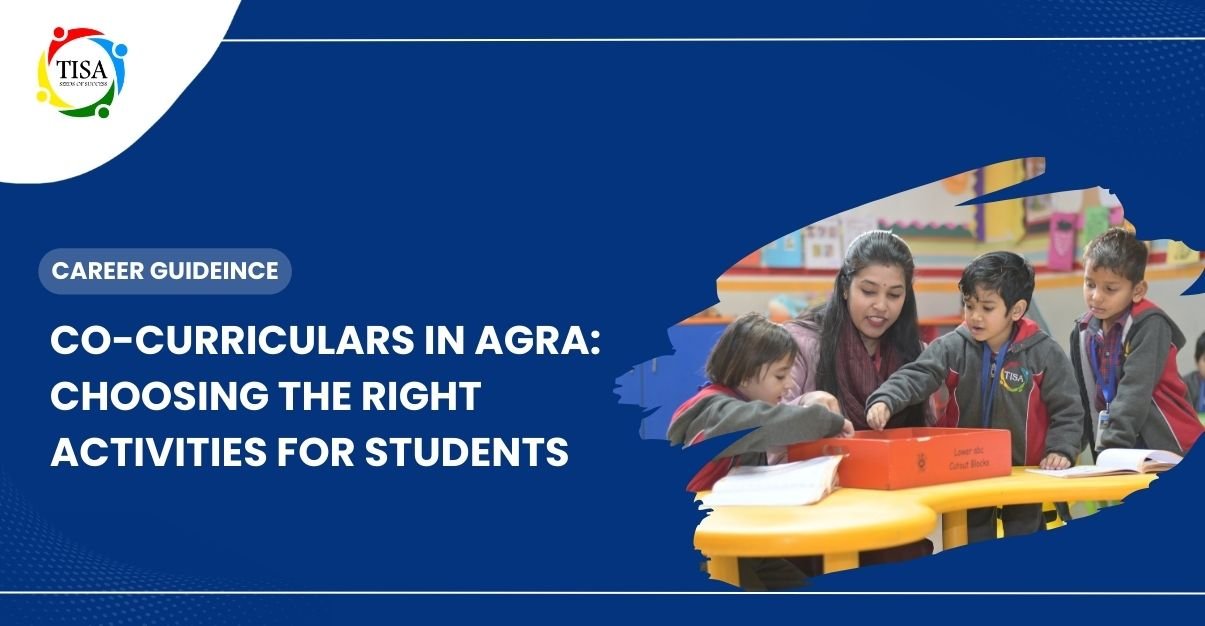Humans are responsive to change, but when it happens, their first instinct is to resist it. It is a defence mechanism to avoid anything unpleasant or out of the ordinary. If you haven’t noticed this behaviour in yourself, sit back and think about the times when you did something going out of your comfort zone.
Weren’t you afraid to try it first? If yes, you can relate to your child who doesn’t want to attend school. Understanding the psychology behind this reluctance is easy; your child is afraid. As a parent, your job is to make your kid ready and eager for what is to come.
Not sure how to do that? Well, do not worry; we have got you covered in this blog. We are going to provide you with parenting tips to deal with your child who is resisting going to school. First, we will understand the cause of this behaviour. And then, we will proceed with the tips using creative teaching methods, exploring modern education, and establishing simple habits accordingly.
Have Open Communication With Your Child

If you are struggling with your child’s behaviour, then you need to open communication lines. You would be surprised to know how effective communication can be in such cases. To open lines of communication, you can start by making your child comfortable in sharing their thoughts. You need to let go of your anger to have effective and clear communication. Remember that your anger will only drive your child farther away from you.
Find The Reason Behind The Reluctance To Go To School
Now that the communication lines are open, you can find reasons behind your child not going to school. Some most commonly encountered reasons among children who do not want to attend school include disinterest, boredom, bullying, social or emotional issues and learning difficulties.
No matter how trivial a reason might be, you need to find a solution to resolve it. If your child is holding back on telling you the reason, then there can be issues such as bullying and social or emotional distress. If your child is simply not interested in telling you the reason, then it could be boredom from a lack of interest.
Use Modern Education & Creative Teaching Methods To Your Advantage
It was tough to interest children in learning new things earlier due to a lack of appropriate tools. However, it’s quite easy to pique your kid’s curiosity in today’s digital age. You can use modern education tactics and creative teaching methods to make learning new things look like a fun activity.
Not to mention, modern education is learner’s learner-centric. This means that it caters for the needs of learners. You can use modern education technology like mobile applications and audio-video platforms. Some commonly used platforms are YouTube, Movies, Podcasts, E-books, etc. All these technical tools make the learning process exciting and more engaging.
Encourage Self-directed Learning
If you want your child to harness skills and keep learning new things, then you must encourage self-directed learning. Using simple habits of learning things by oneself can be beneficial for life. You can start by incorporating these four steps:

- Make your children curious about new things so that they can be self-motivated to learn new things.
- Find out what your child wants to learn and set goals accordingly. Remember to provide them with the resources, such as reading materials.
- Engage with your children in their learning process.
- Prompt your children to self-assess their learning abilities.
Incorporating these habits can motivate your child to learn things. Once your child is at this stage, they won’t show reluctance to go to school.
Create A Positive Learning Environment At Home
If your child refuses to go to school, then you can make the school come to your child. Set up a positive learning environment at your home. You can do so by introducing fun activities or games that prompt your child to learn things. For instance, you can organise a game in which kids need to know all the colours to reach higher levels of the game.
You can do a similar thing with the alphabet. In higher levels of the game, you can ask your child to learn to form three or four-letter words. This way, your child will be open to learning new things, and once they visit the school, which is a hub for learning new things, they won’t be able to resist it.
Try To Have Limited Distractions & Implement Simple Habits
Sometimes parents go overboard in making their home an ultimate comfort zone. Due to this reason, their children tend not to like anything outside their homes. Make sure that your home is not full of distractions that are keeping your kid away from studying. If your kid is not interested in stepping out of the house or going to school, then there is something at home which they like the most. As a result, the school doesn’t look appealing to your kid.
To deal with the situation, try to limit distractions and implement simple habits by putting a schedule in place. You can allot some time for playing and academic practices in the schedule. Try to have a balance of both to make your child accustomed to this routine.
Be In Direct Contact With The School And Teachers

If you somehow manage to make your child go to school, do not think that your job is done. Your child can change their mind anytime. Therefore, be in contact with the school and teachers to keep yourself in the loop about what’s going on with your kid.
Be Supportive Of Your Child’s Social And Emotional Needs
Some children are highly sensitive by nature. As a result, they can feel social anxiety or emotional distress when they meet new people. In such cases, the best thing is not to push your child into doing something they don’t want. Be supportive of your child’s emotional and social needs. Try to make them understand the importance of going to school.
Provide Nutritious Meals for Your Child
If your child is inactive, then their not going to school has nothing to do with a lack of interest. Instead, they might not be getting enough nutrients in the food to make them active enough to like learning activities. So, to make their brain active, ensure your child has healthy and nutritious meals every day.
Seek Professional Help
Some exceptional cases might require professional help. These cases can include overly sensitive behaviour, introversion, social anxiety or awkwardness. If you see anything similar to them in your child, then do not hesitate to seek professional help, as it’s crucial during the formative years of a child.
Conclusion
Using these tips, parents can help their child overcome their reluctance to go to school. Parents should also note that knowing your child’s personality is crucial to understanding what’s going on with them. Make sure to mould these tips according to your child’s specific needs. You need to have a balanced approach between academic progress and emotional well-being to have positive development in your child. Remember that with parents’ support and guidance, children can achieve anything








